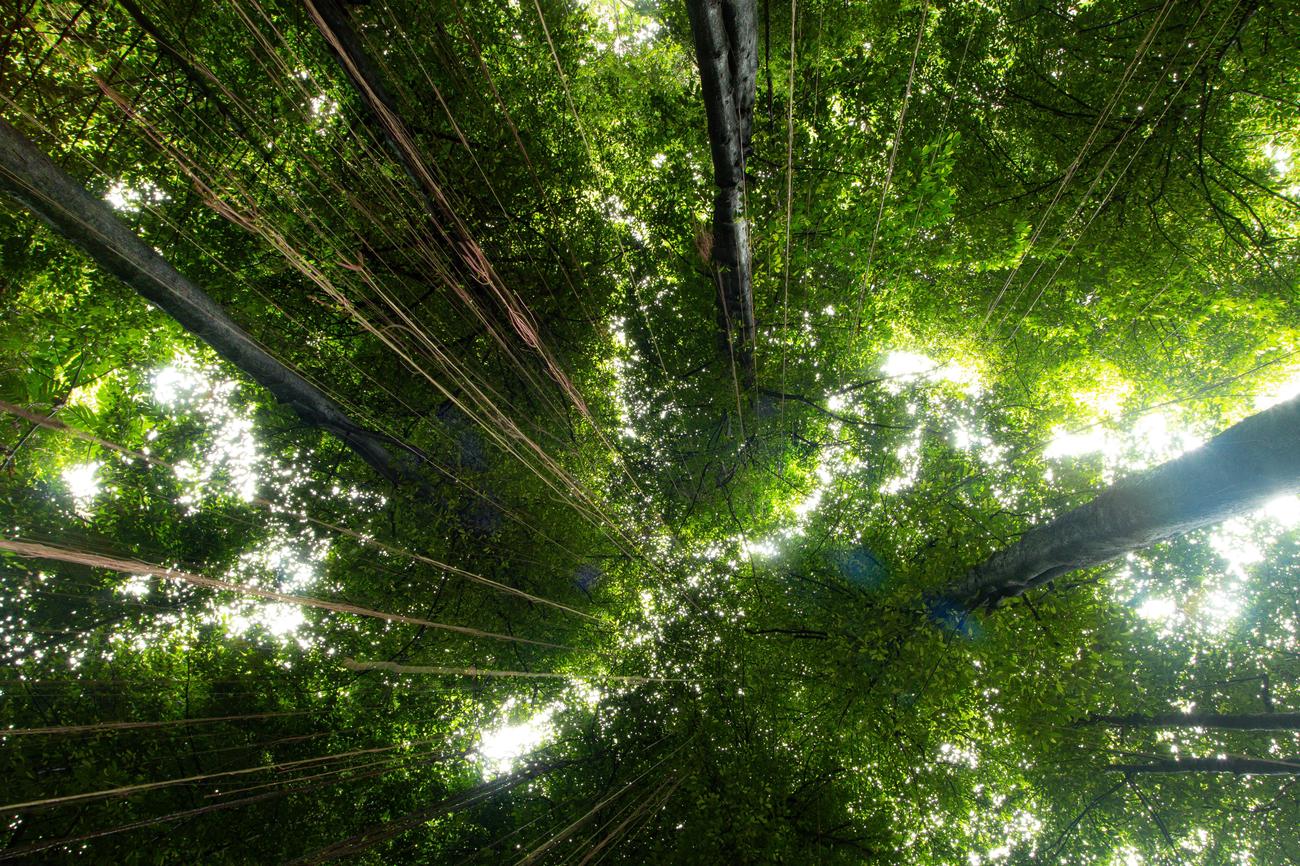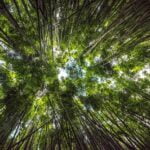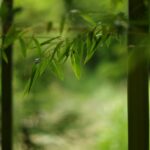Welcome to the world of bamboo, where fascinating facts and trivia await your discovery. In this article, we will delve into the captivating realm of one of nature’s most remarkable plants, exploring the versatility, cultural significance, and ecological impact of bamboo. As an experienced writer and nature enthusiast with a background in environmental science, I am thrilled to share my extensive research and knowledge on this awe-inspiring plant. Prepare to be enthralled as we uncover the hidden wonders of bamboo and unveil its myriad uses. So, let’s embark on this journey together and uncover the secrets of bamboo’s fascinating facts and trivia.
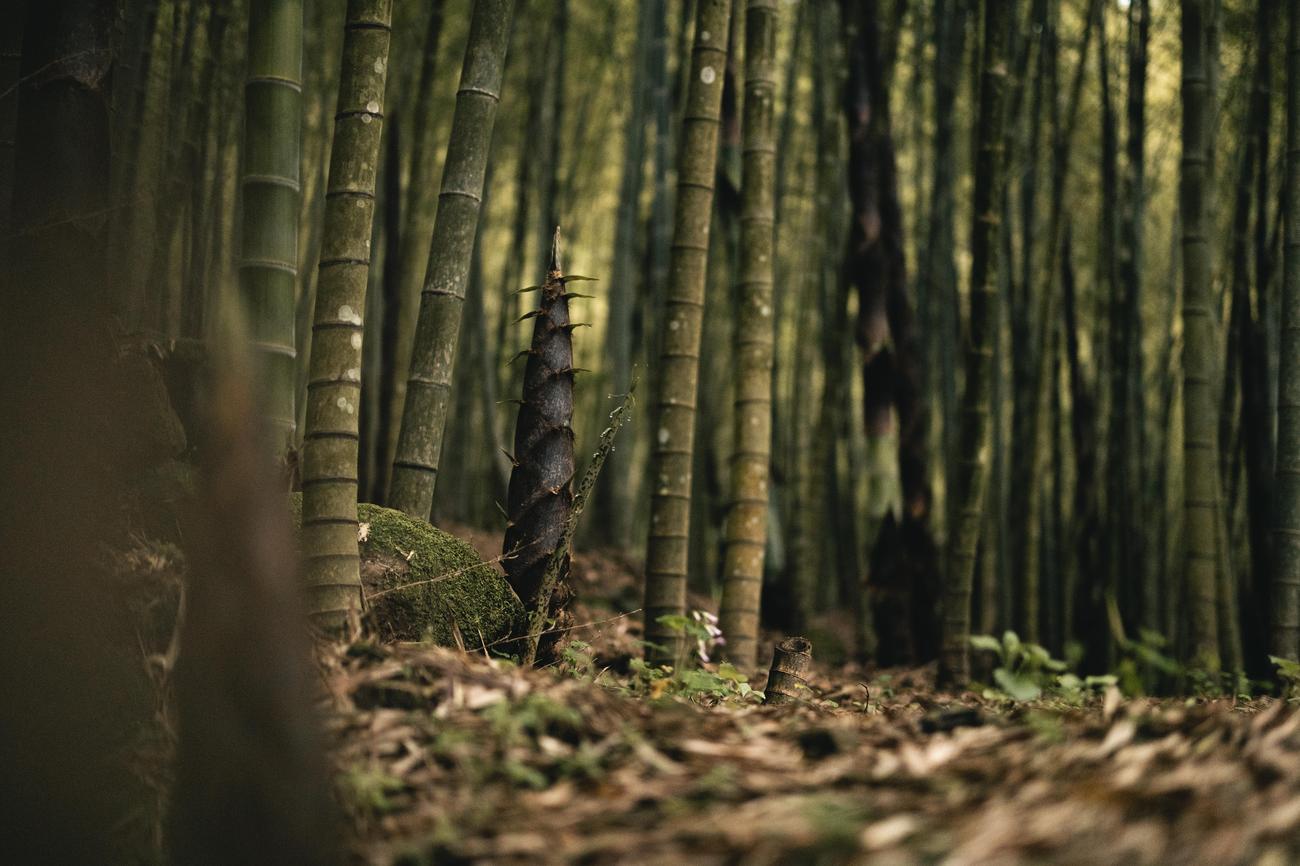
Bamboo Facts and Trivia
As a nature enthusiast with expertise in environmental science and a focus on bamboo, I’ve uncovered some truly fascinating facts and trivia about this remarkable plant. From its incredible growth rate to its unique properties and cultural significance, bamboo is a subject that never ceases to captivate. So, let’s explore some intriguing bamboo facts and trivia together!
Did you know that bamboo holds the title of being the fastest growing plant on Earth? It has been recorded to grow a staggering 47.6 inches in just a 24-hour period. That’s like witnessing a plant shooting up right before your eyes! This rapid growth makes bamboo an incredibly valuable resource for various industries, including construction, furniture production, and paper manufacturing. Its ability to replenish quickly makes it an environmentally friendly alternative to many traditional materials.
“Bamboo’s growth rate is truly astounding, making it an invaluable asset for sustainable industries.”
But bamboo doesn’t just grow quickly; it also plays a crucial role in oxygen production. In fact, a grove of bamboo releases 35% more oxygen than an equivalent stand of trees. This makes bamboo forests vital for maintaining the oxygen balance in our atmosphere and combating air pollution. Its contribution to better air quality highlights the ecological importance of preserving and planting bamboo.
“By releasing significantly more oxygen than trees, bamboo provides a breath of fresh air for our planet.”
Contrary to popular belief, bamboo is not a tree – it’s actually a giant grass. With its slender and flexible stalks, bamboo sets itself apart from typical woody plants. It grows with shallow grass-like roots, spreading horizontally rather than digging deep into the ground. This unique growth pattern allows bamboo to adapt to various soil conditions and prevent soil erosion. The bamboo’s shallow roots also make it easier to harvest, ensuring a more sustainable approach to forestry practices.
“Unlike conventional trees, bamboo’s grass-like nature and shallow roots make it a resilient and eco-friendly plant.”
Another interesting fact about bamboo is its ability to cool down the surrounding air. In hot summer months, bamboo can lower the temperature by up to 8 degrees through evapotranspiration. This natural cooling process helps create a more comfortable and refreshing environment. Imagine sitting under the shade of a bamboo grove, feeling the relief from the scorching heat – it’s like nature’s very own air conditioner!
“With its cooling properties, bamboo provides a natural respite from the summer heat, creating a cool oasis in the midst of warmth.”
Now, let’s dive into some bamboo trivia of historical significance. Did you know that a pricing dispute over bamboo poles had catastrophic consequences? It led to a war between the Qing Empire and the British Empire, resulting in the death of an estimated 21 million people. Known as the Taiping Rebellion, this conflict emerged from tensions over the export prices of bamboo, among other factors. This highlights the surprising influence that such a versatile plant can have on global affairs.
“Bamboo, as a catalyst for conflict, reminds us of the intricate connections between resources and historical events.”
Beyond its historical impact, bamboo also boasts impressive qualities when it comes to textiles. Bamboo fibers can be transformed into a fabric that is not only incredibly soft but also antimicrobial. This means that bamboo textiles have natural properties that inhibit the growth of bacteria and fungi, making them a popular choice for bedding, clothing, and other products. Bamboo fabric provides a comfortable and hygienic option for those seeking a sustainable and practical material.
“With its antimicrobial properties, bamboo fabric is a wholesome and cozy choice that promotes both comfort and cleanliness.”
Lastly, we uncover a darker piece of bamboo trivia from the pages of World War II history. Bamboo torture was a cruel practice carried out by the Japanese on American soldiers during the war. It involved tying prisoners to the ground and allowing sharp bamboo shoots to grow through their bodies. This horrific form of torture stands as a chilling reminder of the lengths some have gone to inflict pain and suffering.
“The haunting practice of bamboo torture reveals the depths of human cruelty that existed during one of the darkest chapters in history.”
In conclusion, exploring the world of bamboo is an adventure filled with captivating facts and trivia. Its rapid growth rate, oxygen-producing abilities, and cooling properties make it a truly remarkable plant. From its role in historical conflicts to its uses in textiles, bamboo continually surprises and enthralls. So, the next time you encounter bamboo, take a moment to appreciate its incredible versatility, cultural significance, and ecological impact.
“In every strand of bamboo lies a world of wonders waiting to be revealed, reminding us of the beauty and intrigue that nature holds.”
Bamboo is often mistaken for a tree due to its tall, sturdy stalks and leafy canopy. But is bamboo really a tree? The answer might surprise you! Contrary to popular belief, bamboo is actually a type of grass. Yes, you read that right – grass! Despite its towering growth and woody appearance, bamboo belongs to the grass family and possesses unique characteristics that make it stand out from traditional trees. To learn more about why bamboo is not a tree but a fascinating grass, click here: Is Bamboo A Tree?
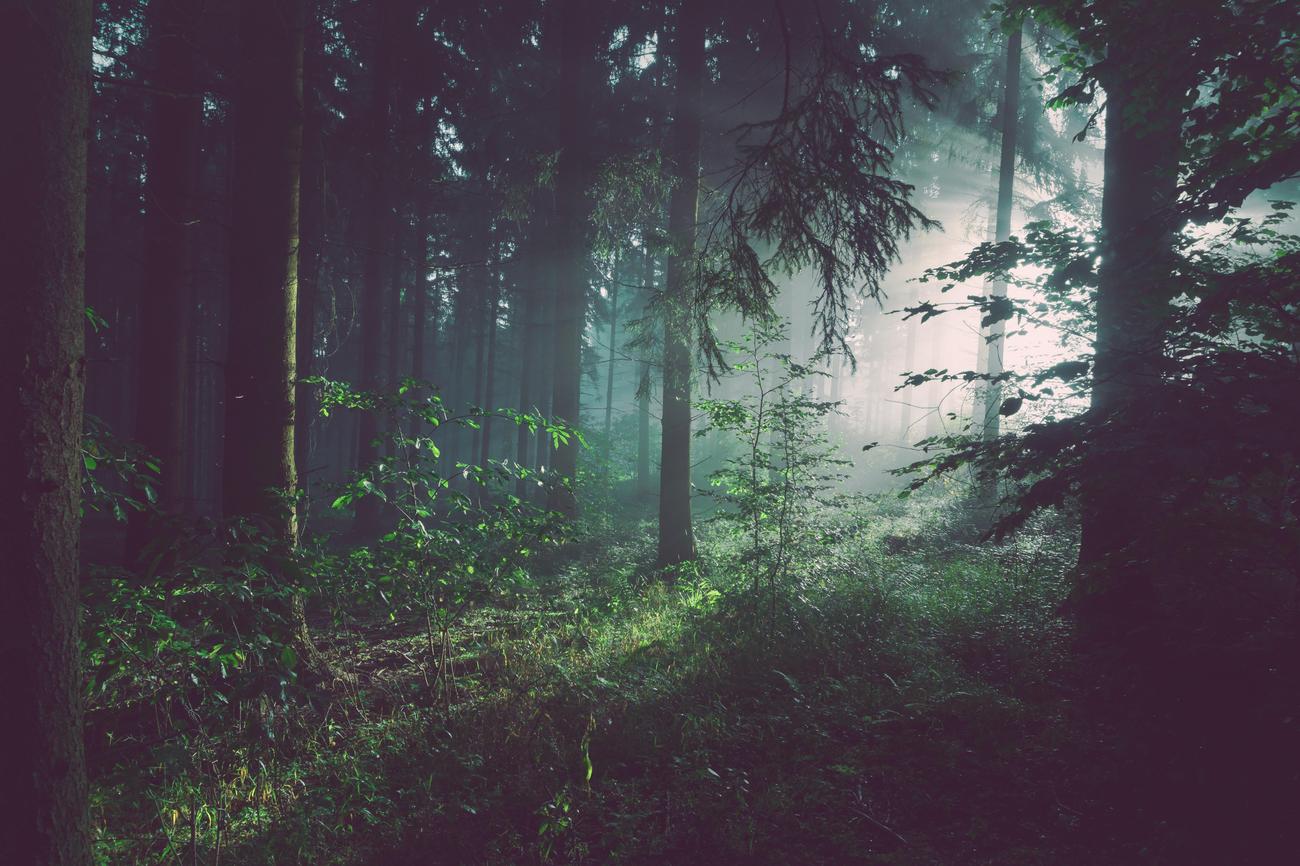
FAQ
Q: How fast does bamboo grow?
A: Bamboo is the fastest growing plant on Earth, with recorded growth of 47.6 inches in a 24-hour period.
Q: How does bamboo contribute to oxygen production?
A: A grove of bamboo releases 35% more oxygen than an equivalent stand of trees, making it crucial for oxygen production.
Q: Is bamboo a tree or a grass?
A: Bamboo is a giant grass, not a tree, and it grows with shallow grass-like roots.
Q: Does bamboo help cool down the surrounding air?
A: Bamboo has the ability to cool down the surrounding air by up to 8 degrees in summer.
Q: Can bamboo be used to make textiles?
A: Yes, bamboo can be made into a textile and it also has antimicrobial properties.
